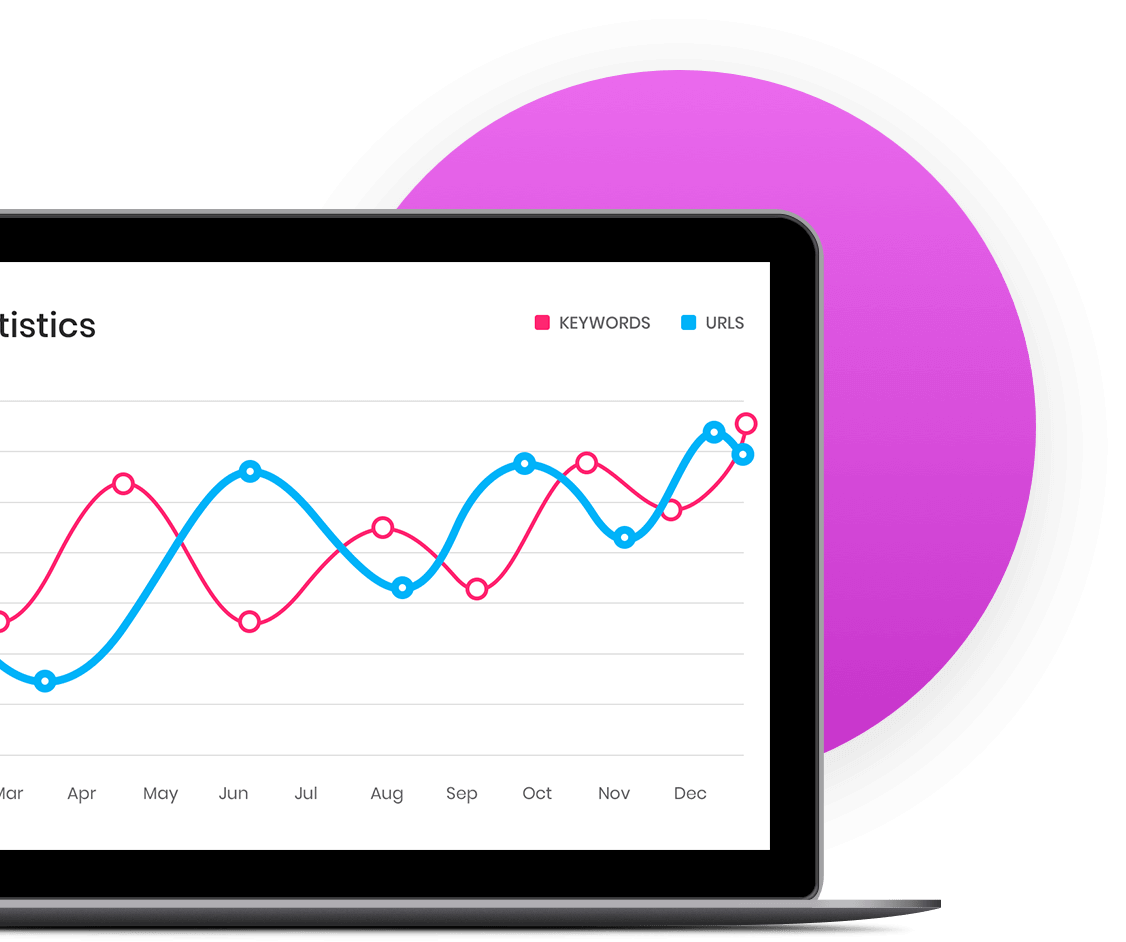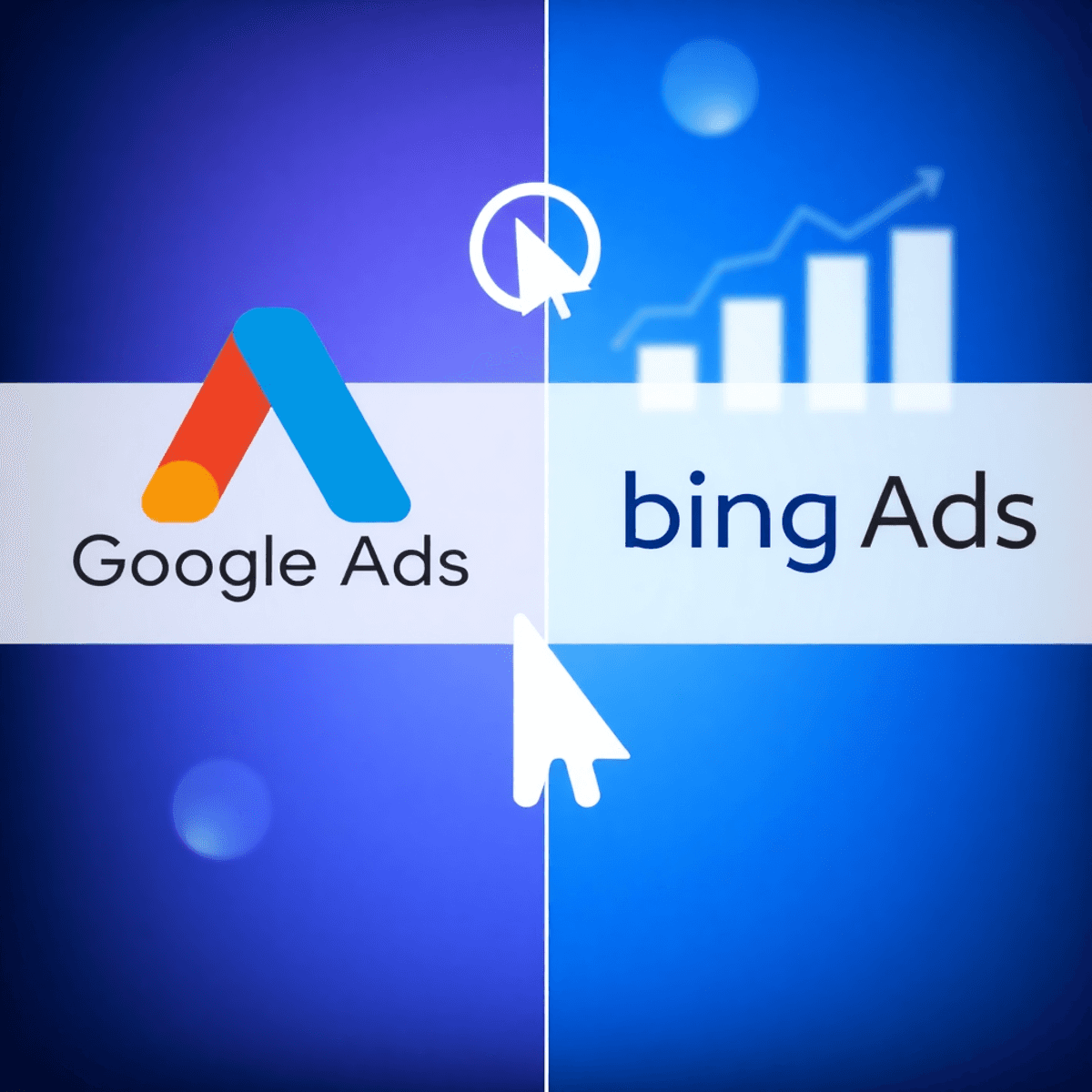As we approach 2025, the digital marketing landscape continues to evolve at a rapid pace. Staying ahead requires foresight, adaptability, and an understanding of emerging trends that will shape the future. Here’s a comprehensive look at what you need to consider in your digital marketing strategy for 2025.
1. Personalisation at Scale
In 2025, personalisation will move beyond customised emails and product recommendations. With advancements in AI and machine learning, marketers will harness real-time data to create hyper-personalised experiences. This could include dynamic content on websites, tailored offers, and individualised customer journeys. Brands that invest in personalisation technology will likely see increased engagement and loyalty.
2. The Rise of Voice and Visual Search
Voice search continues to grow, with an increasing number of consumers using devices like Amazon Echo and Google Home. In tandem, visual search technology is becoming more sophisticated, enabling users to search using images. Marketers will need to optimise content for natural language queries and visual search capabilities to capture this audience.
3. Sustainability and Ethical Marketing
Consumers are becoming more conscious of environmental and ethical issues, and this trend will be even more pronounced in 2025. Brands will need to demonstrate transparency, sustainability, and ethical practices. Marketing campaigns that highlight these values will resonate more strongly, influencing purchasing decisions.
4. Augmented Reality (AR) Experiences
AR technology provides immersive experiences that can engage consumers in new ways. In 2025, more brands will use AR for virtual try-ons, interactive advertisements, and enhanced storytelling. This trend will blur the lines between online and offline experiences, making AR a critical component of digital marketing strategies.
5. AI-Driven Insights and Automation
Artificial intelligence will continue to play a crucial role in digital marketing. AI will provide deeper insights into consumer behaviour, enabling more effective targeting and automation. Automation tools powered by AI will manage everything from content distribution to customer interactions, allowing marketers to focus on strategy and creativity.
6. The Importance of First-Party Data
With increasing privacy regulations and the decline of third-party cookies, first-party data will become even more valuable. Brands will need to prioritise building direct relationships with customers to collect and utilise consent-based data. This shift will require transparent communication and value-driven data exchanges.
7. Video Content Evolution
Video content remains a powerful tool, but its format and distribution are continuously evolving. By 2025, short-form videos, live streams, and interactive content will dominate. Platforms like TikTok and Instagram Reels will be critical arenas for capturing attention, while live shopping experiences will integrate seamlessly with video content.
8. Increased Focus on Customer Experience (CX)
Delivering exceptional customer experience will be a key differentiator. Every touchpoint, from social media interactions to post-purchase support, must align with brand values and meet customer expectations. Brands that excel in CX will benefit from increased loyalty and advocacy.
9. Omnichannel Strategies
Consumers expect seamless experiences across multiple channels. An integrated omnichannel approach ensures consistent messaging and a unified customer journey, whether interacting via social media, email, or in-store. Advanced CRM systems and cross-channel analytics will be vital.
10. Blockchain and Transparency
By 2025, blockchain technology could transform digital marketing by enhancing transparency and security. It will offer proof of authenticity for digital content and secure transactions. Marketers can leverage blockchain to build trust with consumers, offering verifiable product histories and protected personal data.
Conclusion
The digital marketing trends of 2025 highlight a future where technology and consumer needs drive rapid change. Brands must be proactive, investing in innovation and building strategies around emerging trends. Those who embrace change and prioritise the customer experience will thrive in this dynamic environment. Staying informed and adaptable will be key to unlocking future success in digital marketing.






